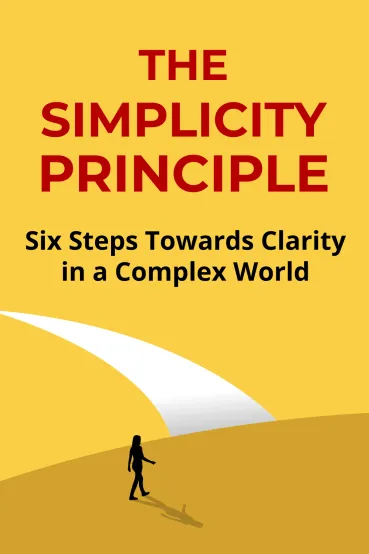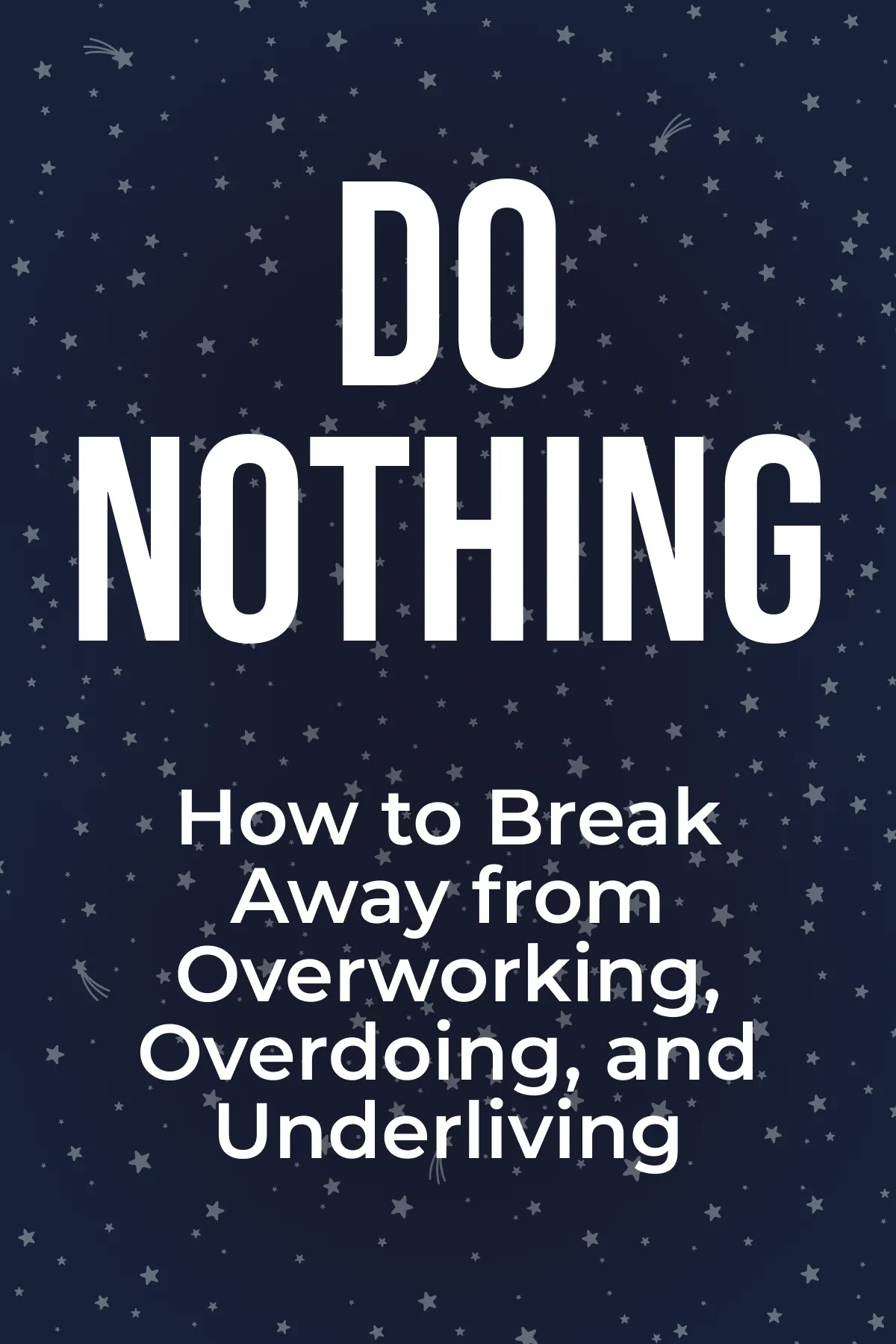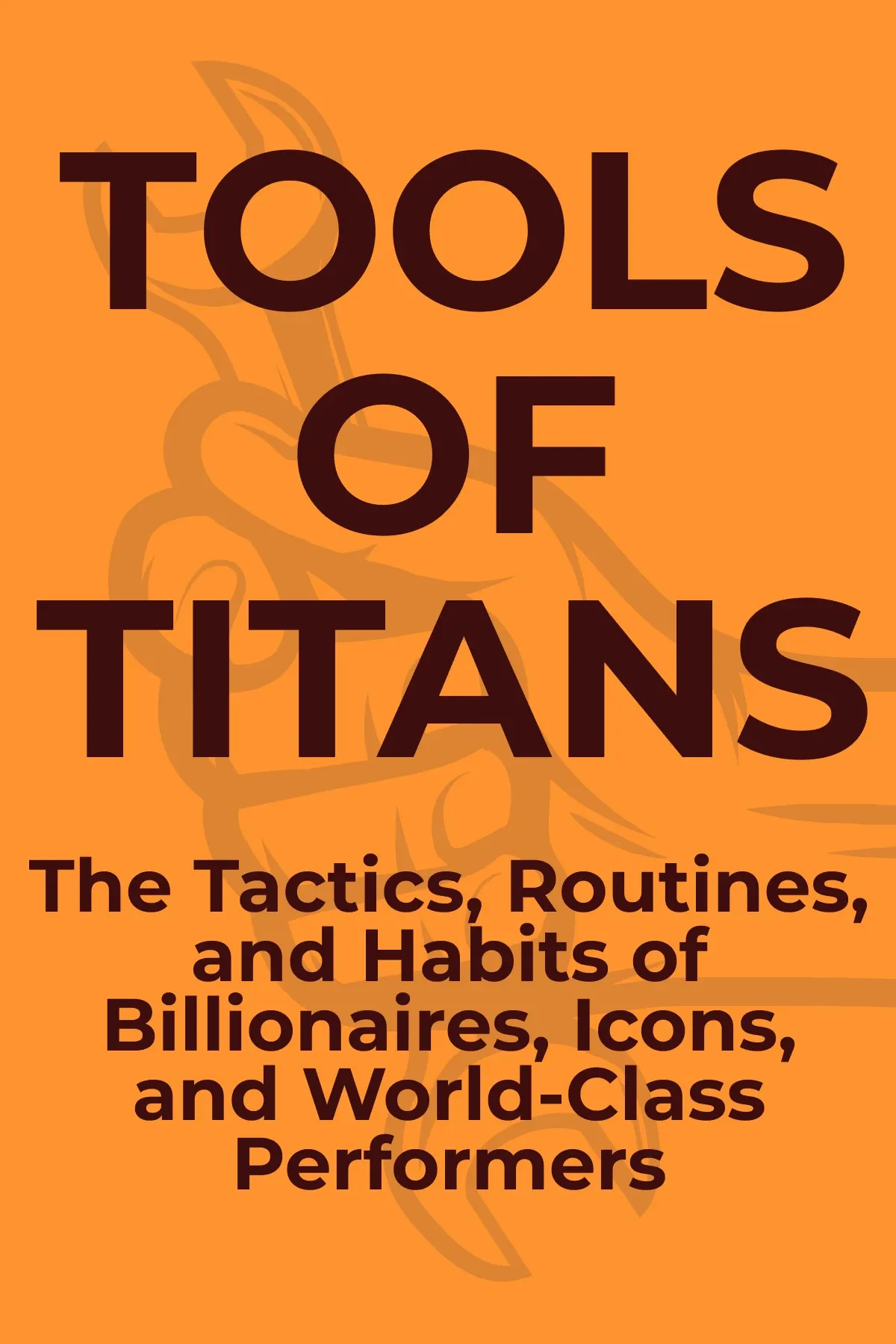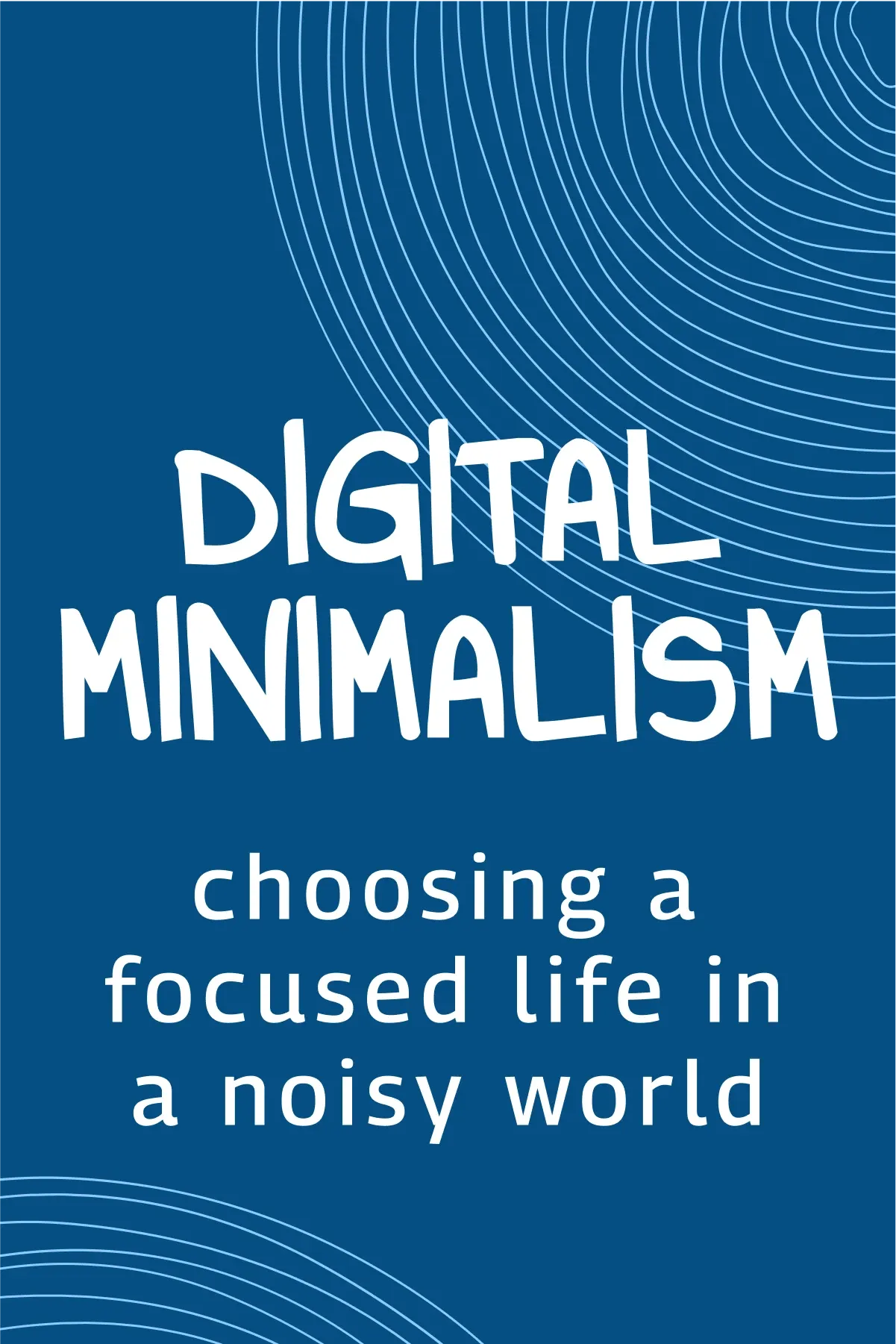
The Simplicity Principle
Brief Summary
“The simplicity principle” lays out a strategy for making our lives less complicated. We all live in a world of complexity. Nevertheless, simplifying your life will help you make the best use of your time and energy.
Key points
Key idea 1 of 9
Let’s say you want to send an email to your colleague. When you turn on your device, you see that it has some updates. The system prompts you to reload the computer, so you do. After waiting for 10 minutes, it finally restarts. Yet, the issues don't end there: the device needs to run a virus scan and it appears to be unable to connect to the network.
Ultimately, you end up spending so much effort communicating with a person who is in the office next to yours!
While modern technologies can make things easier, such as calculations and information storage, they also introduce a great deal of complexity. This complexity can be distracting and counteracts our desire for simplicity – a thing we strive for the most.
Steve Jobs was the one who understood and utilized the concept in his business. The fundamental idea behind Apple's products is simplicity, from their elegant and concise design to their easy-to-use functions. Although we all desire the convenience that complex technologies offer, we also want their functionality to be as straightforward as possible. This principle defines the success of a globally recognized company.
In fact, if we explore successful and prominent brands in the world, they share a common trait. From Microsoft to Facebook, they all aspire to make things simple for their users. Even though this requires significant effort on the internal level, the customer experience ultimately depends on simplicity.
Another example of simplicity can be found in modern election results. Many people all over the world refuse to engage with the intricacies of contemporary politics. Therefore, there is a tendency to vote for an offer that is far easier to understand.
Let's consider the Brexit referendum in 2016 as an example. The "Leave" side received more votes, in part due to its simple slogan: "Take Back Control." In contrast, the "Remain" campaign presented a convoluted and complex case for internationalism, failing to oppose such straightforwardness. A similar situation occurred in the 2016 American elections. Trump's campaign can be simply described by its laconic message: "Make America Great Again." It doesn’t matter whether you support the politics of Trump and Brexit or not, most of the voters would still want simplicity in such a complex world.
Of course, it does not mean that we do not need complexity at all. However, in our current time, we should not complicate things that are inherently simple, such as elections or work schedules.
FAQ
You may also like these summaries











